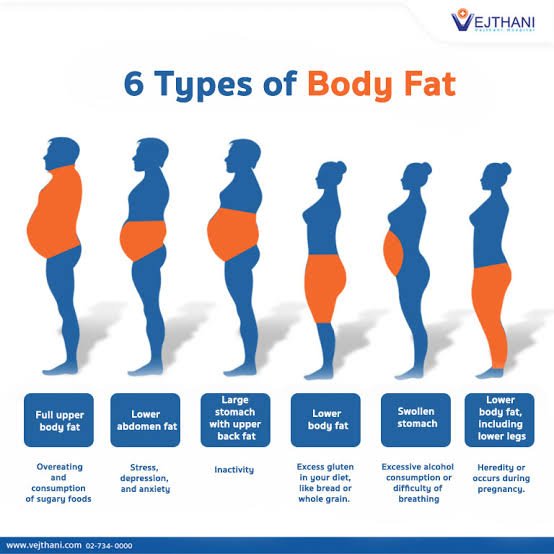- Get link
- X
- Other Apps
JUST IN
- Get link
- X
- Other Apps

Fats are nutrients in food that the body uses to build cell membranes, nerve tissue (including the brain), and hormones. The body also uses fat as fuel. If fats eaten aren't burned as energy or used as building blocks, they're stored by the body in fat cells.
Dietary fats are essential to give your body energy and to support cell function. They also help protect your organs and help keep your body warm. Fats help your body absorb some nutrients and produce important hormones, too.
The foods we eat contain nutrients that provide energy and other substances the body needs. Most of the nutrients in food fall into three major groups: proteins, fats, and carbohydrates.
The body uses fat as a fuel source, and fat is the major storage form of energy in the body. Fat also has many other important functions in the body, and a moderate amount is needed in the diet for good health. Fats in food come in several forms, including saturated, monounsaturated, and polyunsaturated. Too much fat or too much of the wrong type of fat can be unhealthy.
Why do we need some fat?
We all need to eat a small amount of fat to have a healthy and balanced diet. The right amount of fat helps our bodies to:
stay warm
have energy
make hormones that help our bodies work the way they should
have essential fatty acids like Omega-3 and Omega-6 – the body can’t make these
absorb vitamins A, D and E – the body can’t absorb these vitamins without the help of fat.
What are the types of fat?
There are four main types of fat in our diets. They are:
monounsaturated fats
polyunsaturated fats
saturated fats
trans fats.
Monounsaturated fat and polyunsaturated fat are ‘healthy’ fats. They can help to maintain healthy cholesterol levels. Cholesterol is a fatty substance in your blood.
Reduce this : 👇
Published from Blogger Prime Android App
Saturated fat and trans fat are ‘unhealthy’ fats. They can raise your ‘bad’ (non-HDL) cholesterol in your blood. Too much cholesterol can increase your risk of having:
a stroke
a heart attack
vascular dementia.
Trans
Limit how much you eat these unhealthy fats as much as you can.
Easy tips to help you reduce unhealthy fats
Cook with vegetable oils and spreads like olive oil, rapeseed oil and sunflower oil.
Measure the amount of oil you use with a teaspoon or use a spray bottle.
Make your sandwich fillers healthier by using spreads made from vegetable oils and nuts. And swap hard cheese and processed meat for oily fish and vegetables like avocado, and lettuce.
Reduce your intake of processed meats like hamburgers and sausages. Choose lean meats (meats with less fat) like skinless chicken, turkey and fish. Or plant-based protein like lentils, beans or Quorn.
Snack on unsalted nuts and fruit, rather than biscuits, cakes and crisps. Or make your own healthy snacks like homemade fresh fruit scones.
Use semi-skimmed, skimmed or 1% milk. Or no added sugar, plant-based milk like almond milk, soya milk, oat milk and cashew milk.
Use lower fat cheeses like feta, mozzarella, half-fat cheddar, edam and ricotta, rather than cheeses like halloumi and cheddar. Or grate your cheese to make it go further in your meal.
Check the amount of saturated fat per serving on your foods labels to help you keep to the recommended daily intake.

Comments
Post a Comment
Let know your comments